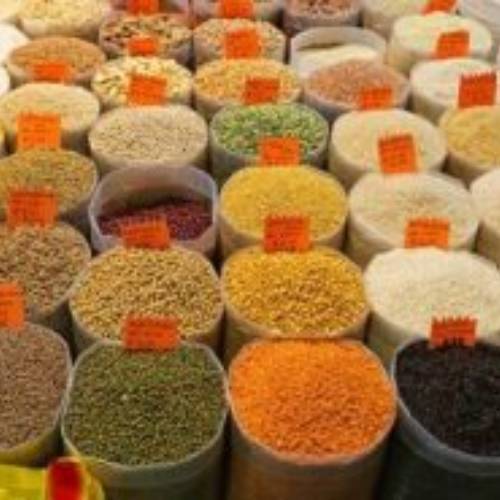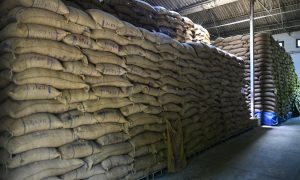Bangladesh’s Food grain import costs set to outpace volume growth this fiscal

Bangladesh’s food grain import cost rose 16% to \$1.91 billion in FY25, despite stable global prices. Total imports reached 7 million tonnes, including 1.25 million tonnes of rice after flood damage. Consumers saw little relief as domestic prices stayed high. Rights groups criticized the lack of market impact despite increased imports and strong local production.
The country’s food grain import cost is set to be considerably higher than the growth of its import volume in the outgoing this fiscal, available data revealed.
According to the Ministry of Food, imports of food grain both by private traders and the government are expected to reach nearly 7.0 million tonnes in the fiscal year (FY) 2024-25.
A total of 6.65 million tonnes of wheat were imported in the FY24 while the rice import remained almost nil.
In FY25, rice imports help maintain the country’s overall food grain import growth, even though wheat imports declined by 1.0 million tonnes, according to Food Ministry and Bangladesh Bank data.
Market observers noted that despite having good supply of food grains — both rice and wheat — in the market, consumers gained little benefit out of the same as their prices remained high throughout the year.
Rice imports, which came to a halt in FY24, resumed in FY25 after devastating floods hit vast paddy fields in coastal regions.
A food ministry official said rice imports are about to reached 1.25 million tonnes in the outgoing fiscal.
After showing a record import of 6.62 million tonnes in FY24, wheat imports stood at 5.5 million tonnes until mid-June and its import volume is expected to reach 5.75 million tonnes by the end of FY25.
According to officials, said rice imports rose due to higher prices of the staple following the July-August flash floods in coastal areas, despite having good harvests of both Aman and the Boro crops.
Md Moniruzzaman, Director of the Directorate General of Food (DGoF), said better domestic outputs and, steady imports and increased domestic procurement helped keep the supply of food grain this fiscal year.
He said the government’s present food grain stock stands at 1.6 million tonnes and it is expected to rise further by August after the completion of the ongoing domestic procurement.
An official from TK Group said that many traders had stocks from the previous financial year (FY’24), which helped reduce their import pressure to some extent.
However, though global food prices remained almost static throughout the year, it would become volatile due to the ongoing Middle East conflict.
Bangladesh Bank data showed that food grain import costs rose by 16 per cent until April of FY25, reaching $1.91 billion.
The value of rice import surged to $605 million while that of wheat fell by 20 per cent to $1.31 billion.
Local consumers got little benefit of the higher imports and increased domestic production of food grain, according to consumers’ rights groups and market observers said.
SM Nazer Hossain, Vice President of the Consumers Association of Bangladesh, said when global wheat prices dropped by 12-15 per cent, there was no sign of its price fall in the domestic market.
The prices of course flour (atta) remained steady at Tk 45-60/kg for atta while that of flour (maida) at Tk 65-70/kg.
On the other hand, marginal people had to buy coarse and medium rice at Tk 55-70 a kg, with the prices of finer varieties ranging between Tk 90 and Tk 100 per kg during March-April.
Although rice prices saw a downward trend in May and mid-June, the rate started rising again during the peak Boro harvesting season, he said.
To Read more about Rice News continue reading Agriinsite.com
Source : The Financial Express














